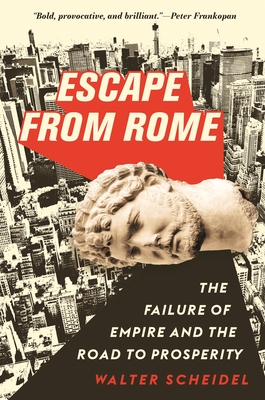Expedite your nonfiction book discovery process with Readara interviews, summaries and recommendations, Broaden your knowledge and gain insights from leading experts and scholars
In-depth, hour-long interviews with notable nonfiction authors, Gain new perspectives and ideas from the writer’s expertise and research, Valuable resource for readers and researchers
Optimize your book discovery process, Four-to eight-page summaries prepared by subject matter experts, Quickly review the book’s central messages and range of content
Books are handpicked covering a wide range of important categories and topics, Selected authors are subject experts, field professionals, or distinguished academics
Our editorial team includes books offering insights, unique views and researched-narratives in categories, Trade shows and book fairs, Book signings and in person author talks,Webinars and online events
Connect with editors and designers,Discover PR & marketing services providers, Source printers and related service providers

Escape from Rome: The Failure of Empire and the Road to Prosperity
History > Ancient - Rome
- Princeton University Press
- Paperback
- 9780691216737
- 8 X 5.3 X 2.1 inches
- 1.35 pounds
- History > Ancient - Rome
- (Single Author) Asian American
- English
Readara.com
Book Description
The gripping story of how the end of the Roman Empire was the beginning of the modern world
The fall of the Roman Empire has long been considered one of the greatest disasters in history. But in this groundbreaking book, Walter Scheidel argues that Rome's dramatic collapse was actually the best thing that ever happened, clearing the path for Europe's economic rise and the creation of the modern age. Ranging across the entire premodern world, Escape from Rome offers new answers to some of the biggest questions in history: Why did the Roman Empire appear? Why did nothing like it ever return to Europe? And, above all, why did Europeans come to dominate the world? In an absorbing narrative that begins with ancient Rome but stretches far beyond it, from Byzantium to China and from Genghis Khan to Napoleon, Scheidel shows how the demise of Rome and the enduring failure of empire-building on European soil launched an economic transformation that changed the continent and ultimately the world.
Author Bio
Walter Scheidel's research ranges from ancient social and economic history and premodern historical demography to the comparative and transdisciplinary world history of inequality, state formation, and human welfare. He is particularly interested in connecting the humanities, the social sciences, and the life sciences.
The world's second most cited Roman historian in an active faculty position, Scheidel is the author or (co-)editor of 20 books, has published more than 250 articles, chapters, and reviews, and has lectured in 30 countries.
His most recent books are The Oxford World History of Empire (2 vols., 2021, co-edited with Peter Bang and the late Christopher Bayly), Escape from Rome: The Failure of Empire and the Road to Prosperity (2019), The Science of Roman History: Biology, Climate, and the Future of the Past (2018, ed.), The Great Leveler: Violence and the History of Inequality from the Stone Age to the Twenty-First Century (2017; 12 translations), On Human Bondage: After Slavery and Social Death (2017, co-edited with John Bodel), State Power in Ancient China and Rome(2015, ed.), and Fiscal Regimes and the Political Economy of Premodern States (2015, co-edited with Andrew Monson). Other key publications include Rome and China: Comparative Perspectives on Ancient World Empires (2009, ed.), The Cambridge Economic History of the Greco-Roman World (2007, co-edited with Ian Morris and Richard Saller), and Death on the Nile: Disease and the Demography of Roman Egypt (2001).
He has also written for the New York Times, Financial Times, Atlantic, Economist, Le Monde, Foreign Affairs, Boston Globe, Huffington Post, Spectator, and other media outlets.
Scheidel is currently working on the Roman monarchy in global comparative context and on a very short book on the past, present and future of the study of ancient history, and is planning longer works on counterfactual history, on typological and evolutionary perspectives on the ancient world, and on how modernizing developmental discontinuities enrich, divide and threaten humankind. He launched an international research initiative for the comparative study of ancient Mediterranean and Chinese empires, co-founded the Princeton/Stanford Working Papers in Classics, created the interactive web site Orbis: The Stanford Geospatial Network Model of the Roman World, which has received over a million visits and attracted global media coverage, and is an editor of the monograph series Oxford Studies in Early Empires and a former editor of the journal Historia.
For about a decade, Scheidel taught as a Catherine R. and Daniel L. Grossman Fellow in Stanford's Human Biology program. He was awarded a New Directions Fellowship by the Mellon Foundation and a Guggenheim fellowship, and is a Corresponding Member of the Austrian Academy of Sciences.
Source: Stanford University Department of Classics
Videos
No Videos
Community reviews
No Community reviews

